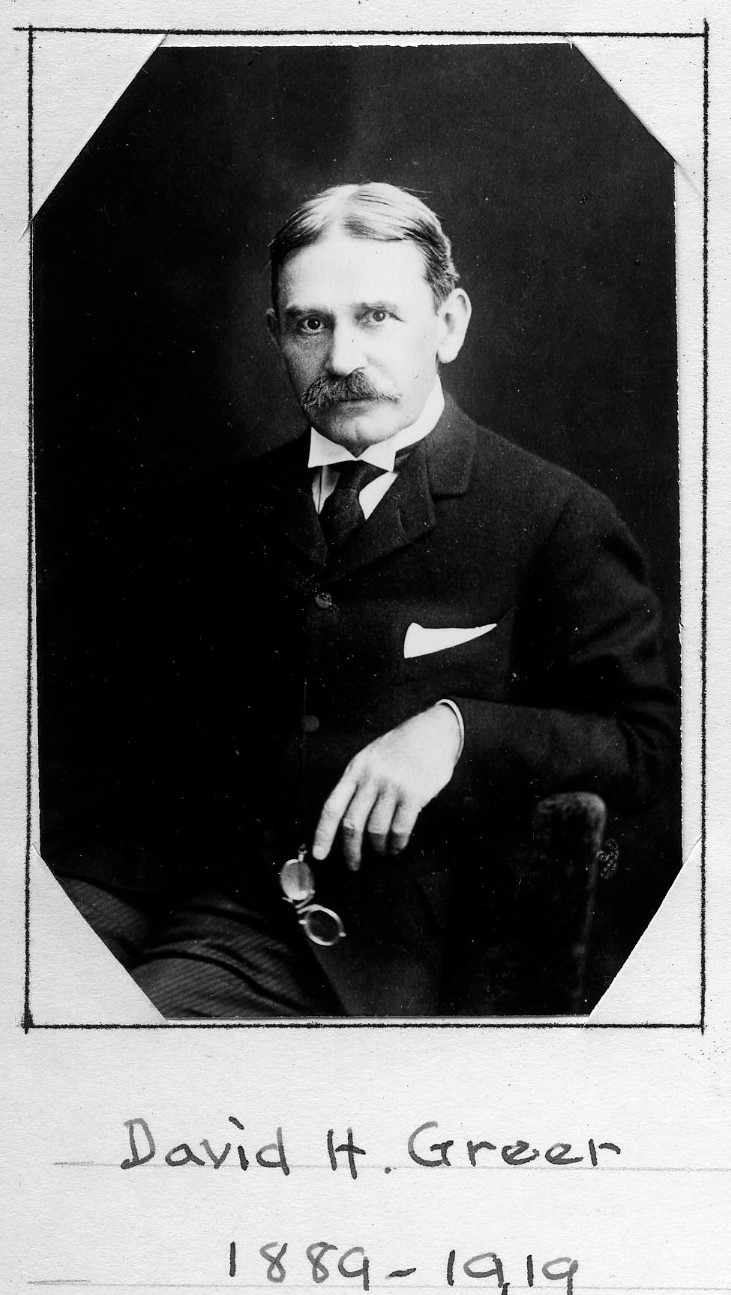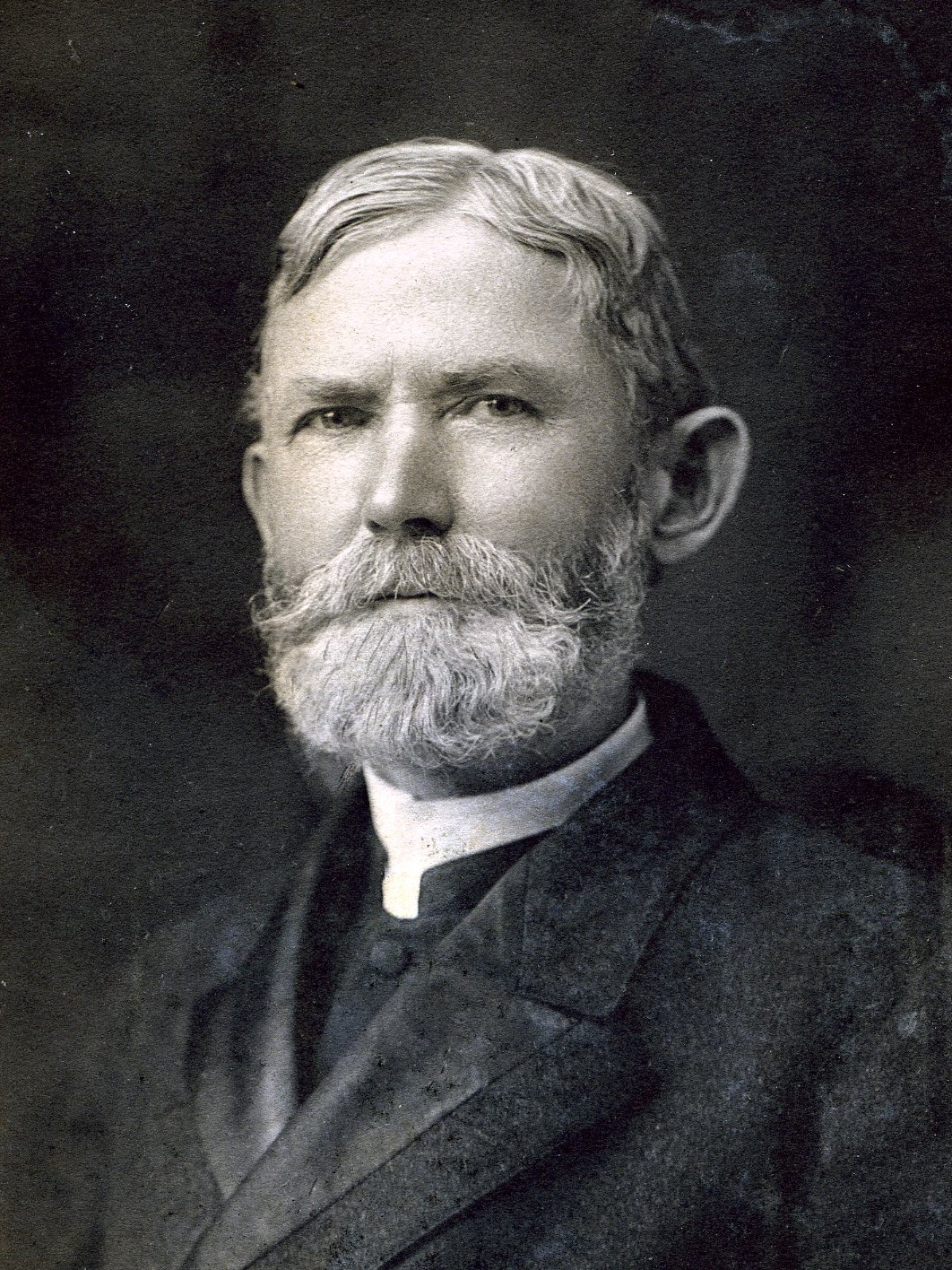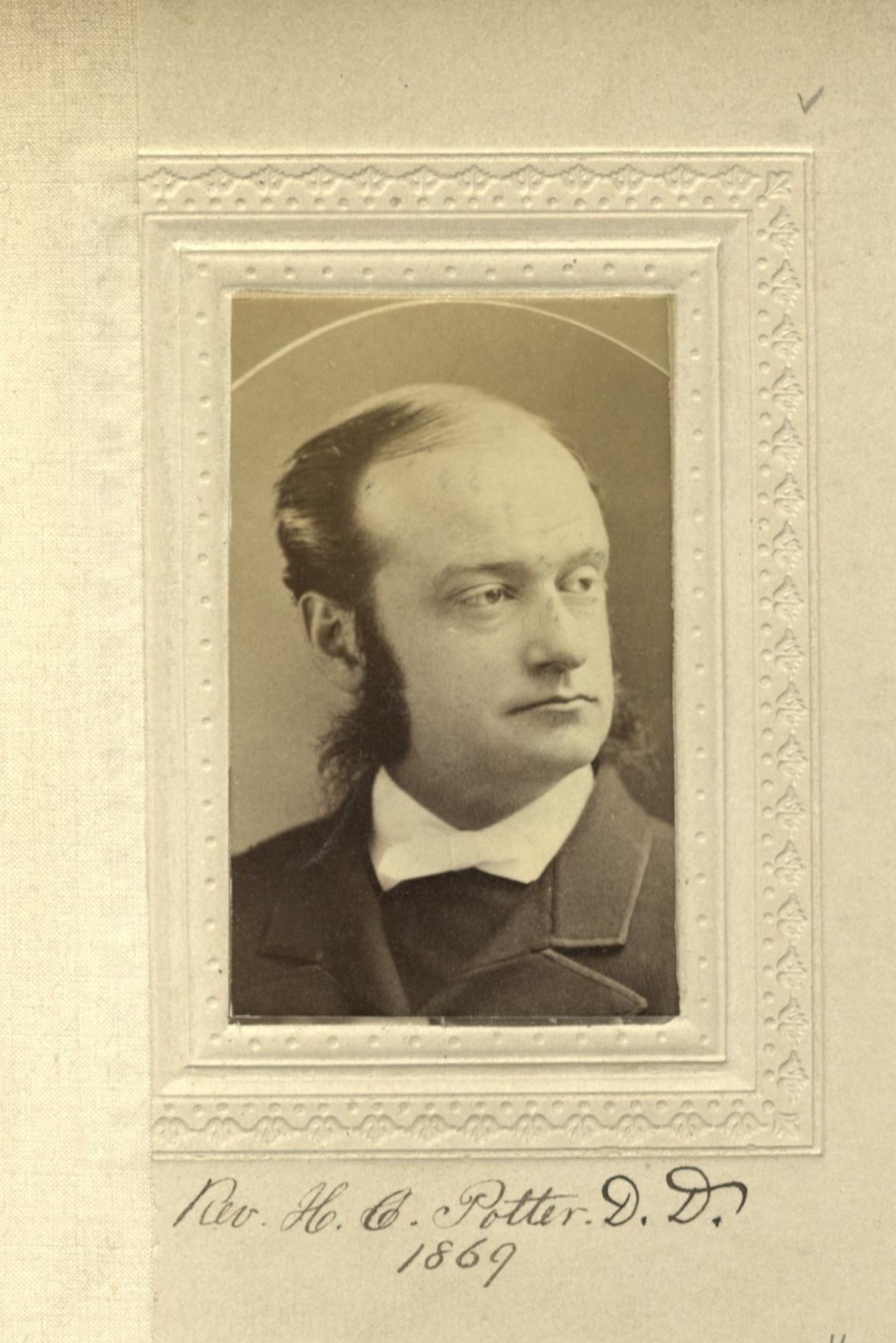Member Directory,
1847 - 1922
Charles Sumner Burch
Bishop of New York
Centurion, 1920–1920
George Francis Nelson and Samuel Parsons
Pinckney, Michigan
New York (Manhattan), New York
Age sixty-four
Manhattan, New York

Century Memorial
The outstanding feature of Bishop Charles Sumner Burch’s ministry, both before and after his promotion to the chief place in the New York diocese, was his work as a pastor. During the years when he was Suffragan Bishop of New York his duties for the most part took him to the outlying parts of the diocese, where he came to know the country clergy intimately, winning and holding their confidence and affection in an unusual degree. When he succeeded Bishop Greer, he assumed the new interests and duties without relinquishing the old. The smallest parish or mission in the diocese always received from him equal consideration with the greatest. The Bishop of New York is required by canon to visit every parish in the diocese once in three years; but Bishop Burch voluntarily undertook to make the visitations once a year, in order to keep in closer touch with his clergy and their congregations.
He was in his office at the Cathedral part of every day, seeing everyone who wished to see him, no matter how insignificant the errand which brought them. He attended meetings of every sort, important or unimportant, and he gave his time unsparingly to practically every call made upon it. It was hard for him to say no to a legitimate request; in consequence, the physical pressure of work became far too great and probably was the cause of the sudden end to his useful life, hardly a year after his election as bishop.
Bishop Burch’s incumbency of office was too brief for the development of his own policies for the diocese. He was in hearty accord with the policies of his predecessors, and was more concerned with carrying on the work of the diocese along lines already laid down than in inaugurating new departures. He was not an Episcopal statesman like Bishop Potter or a gifted preacher like Bishop Greer; but if he had lived, his greatest service might have been in knitting together more closely the city and the country and in reconciling their sometimes diverging interests, and he would have effected this largely by means of his intimate knowledge of his clergy. What he stood for in his work was realized quickly by all the large audience who heard his brief, simple, and eloquent speech at the City’s reception to Cardinal Mercier, a year and a half ago.
Alexander Dana Noyes
1921 Century Association Yearbook




